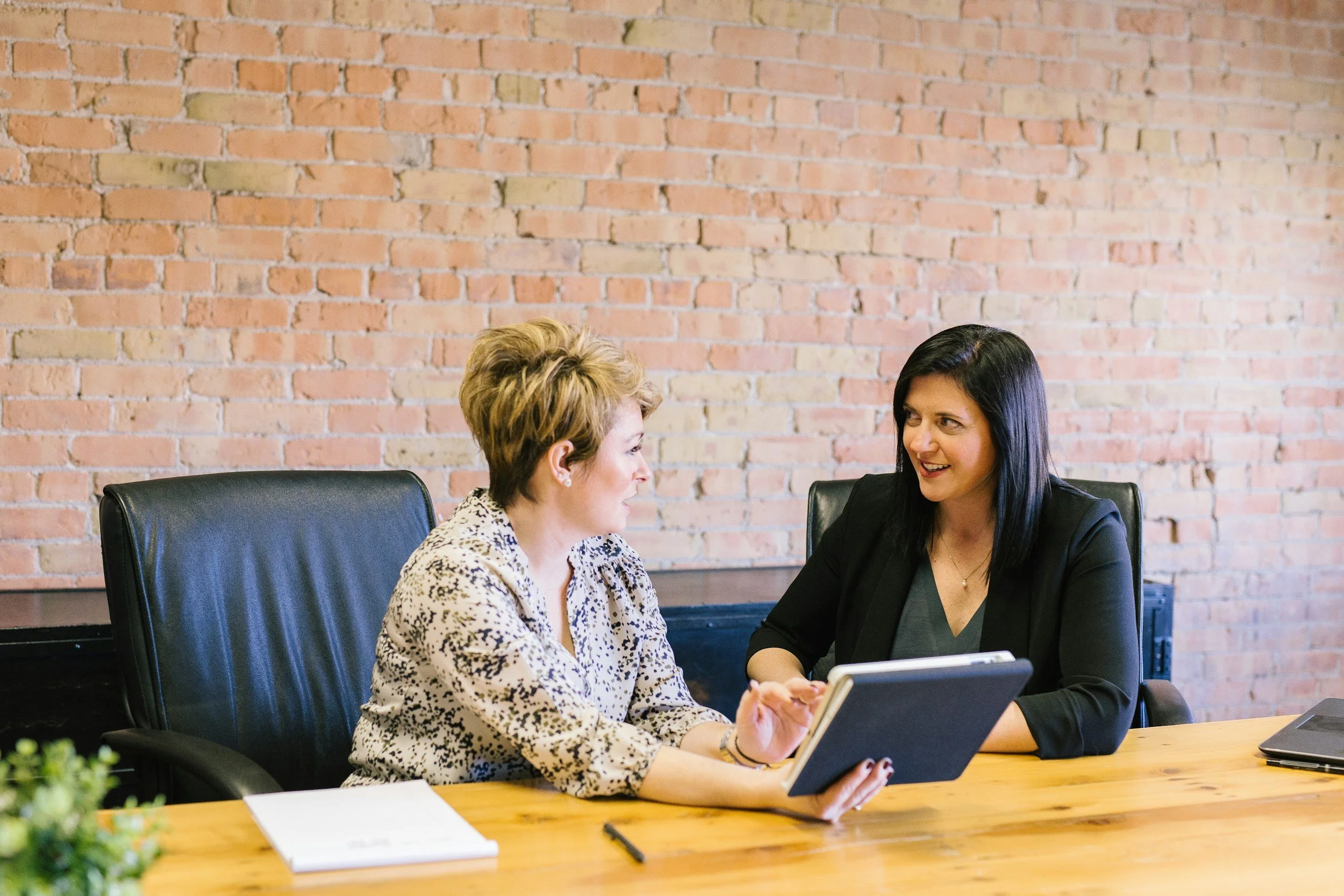I wonder, if - like me - you’ve discovered, perhaps by chance, how good ‘giving back’ can make you feel. In my case this involved mentoring others, but it can refer to any act where you voluntarily contribute your time, resources or effort to help other people. It’s a way of showing gratitude for success or good fortune in life, in whatever way this may have been experienced.
This happened to me last year when a psychology list I belong to reached out to ask if any experienced practitioners might consider offering their time to mentor others early on in their careers. I volunteered as it felt like a way to give back and to spread the word about neuroplastic symptoms.
After filling out forms and detailing my experience, I was accepted onto the scheme and agreed to mentor one person who I would see once a month for a total of nine sessions. Quite soon I received an email asking if I would take on three mentees. We compromised and agreed on two. I’m so pleased I did!
It was a wonderful experience, as to watch someone grow and gain confidence in their abilities over time is a real privilege. The first step was to ask both of my mentees to think about what they specifically wanted help with. One needed guidance in her therapeutic practice while the other, an experienced therapist, really wanted to branch out into research. Much of the enjoyment I gained from this work was being able to use such different aspects of my own training and experience.
I’d like to share some of the feedback from both mentees with you here as a way of showing what a positive and worthwhile two-way experience this proved to be.
Summarising our mentor/mentee relationship is difficult for me to fully capture the depth I feel I obtained in my practice from our time together. This has been an enriching experience for me and deepened my understanding of therapy… Many of our discussions informed my sessions with clients and helped me to articulate an idea in a manner that they find more easily able to understand.
In addition, I have learned so much about the connection between chronic pain, the unconscious mind, neural pathways and the autonomic nervous system. I now have a framework to move forward with, but more importantly my curiosity around this topic has been sparked and I am motived to continue to learn more about this, especially the unconscious mind.
I am beyond grateful for the time, energy, wisdom and thoughtfulness you put into all of our sessions… Please know that there will hopefully be a ripple effect that has come from you sharing all this knowledge with me.
In contrast, the other mentoring sessions were about research ideas and how to bring them to fruition. My mentee commented that they had learned a lot more about the research process on multiple levels, including:
Generating a good research question that is specific and interesting to me; valuing my lived and clinical experience in the research; understanding some of the pressures and expectations that come up in the research process and how to navigate those; learning the specific steps from gathering to publishing data, presenting information and who to reach out to in order to get research going, or work with.
[The sessions] clarified my specific research interests significantly… I gained not just technical support and feedback on the research process but also gained from understanding your lived experience of the realities of being a researcher. Thank you again!
The whole mentoring programme proved to be a huge success due to the careful introduction and matching process of the psychology list organisers. All my own research is done on a voluntary basis in an effort to promote understanding of neuroplastic symptoms. It was so rewarding to be involved in a different approach with a similar outcome.
